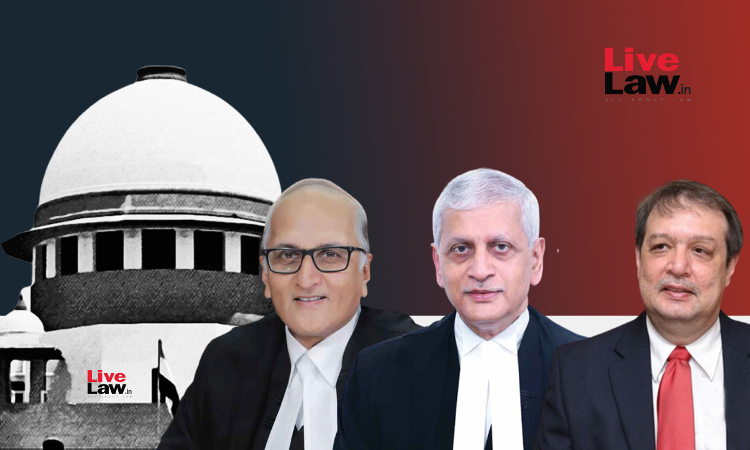Courts Should Not Sit Over Commercial Wisdom Of General Body Of Cooperative Society : Supreme Court
Ashok KM
17 Oct 2022 6:20 PM IST

Next Story
17 Oct 2022 6:20 PM IST
The Supreme Court observed that the Courts should not sit over the commercial wisdom of the General Body of the Cooperative Society as an Appellate Authority.The bench of CJI UU Lalit, Justices S. Ravindra Bhat and JB Pardiwala observed that the Co-operative Society is to function democratically and the internal democracy of a society, including resolutions passed in accordance with the Act,...
